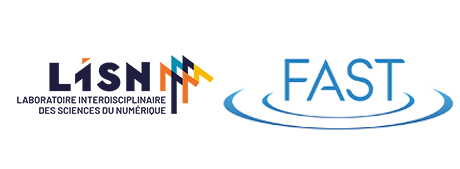
To predict the evolution of physical systems, we need a model that tells us “what happens next” given “what we know so far”. This can be enabled by physical principles and data-driven approaches. On the one hand, physical principles, for example conservation laws, are extrapolative because they can provide predictions on phenomena that have not been observed, but they are “rigid”. On the other hand, data-driven modelling provides correlation functions within data, but they are “adaptive”. In this talk, the complementary capabilities of both approaches will be exploited to achieve adaptive modelling and optimization of nonlinear, unsteady, and uncertain flows. The focus of the talk is on computational methodologies for modelling and optimization of complex flows: (i) real-time data assimilation with a Bayesian approach to infer model errors (bias) with applications to thermoacoustic oscillations; and (ii) and auto-encoders and reservoir computers for reduced-order modelling of turbulent flows, which generalise POD/DMD methods to nonlinear dynamics, for the prediction of extreme events.